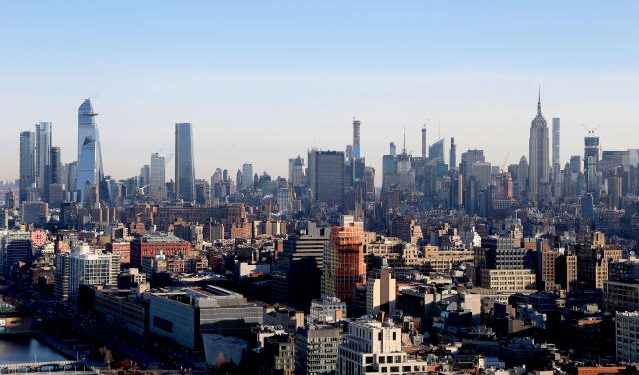In a significant development for New York City’s housing landscape, the construction of affordable housing has reached unprecedented levels. According to The Latin Times, more than 14,200 new affordable housing units were completed in 2023, marking the highest levels in decades. This surge, reported by the New York Housing Conference, primarily benefited lower-income Black and Latino neighborhoods, addressing the critical issue of housing affordability in the city. Districts such as Brooklyn’s District 30 and Queens’ District 21 led in housing production, focusing on communities with significant Black and Latino populations.
Policy Reform Proposals Aim to Enhance Affordable Housing Accessibility
This Article Includes
The increase in affordable housing units has sparked calls for policy changes to strengthen efforts to promote affordable housing across New York City. Recommendations include:
- Increasing Capital Funding: To subsidize more housing units.
- Offering Tax Incentives: To encourage developers to build more affordable housing.
- Implementing Zoning Reforms: To make more residential land available in underutilized districts.
These measures are crucial as the city continues to grapple with housing challenges exacerbated by economic inequalities and racial disparities. The outcomes of these proposed policies could significantly influence future urban development strategies and enhance housing accessibility for diverse communities throughout the city.










